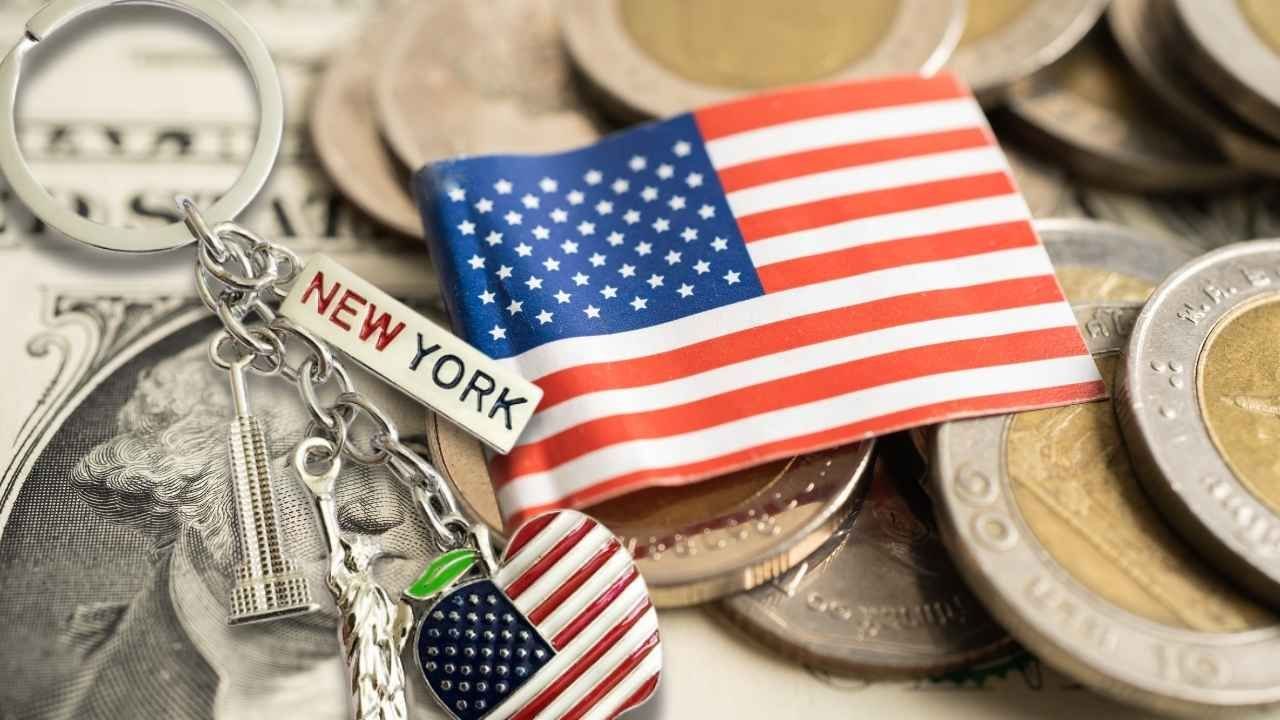This fall, New York State will distribute its first-ever inflation refund check. This is a one-time benefit aimed at alleviating the growing financial burden on millions of families. Approved under the 2025–2026 state budget, this check is designed to compensate for the additional sales tax revenue collected due to rising prices. It is also a direct effort by the state to help families struggling with today’s expensive lifestyle.
Eligibility and amount
You don’t need to apply for this refund. If you meet the income and residency requirements, the state will automatically begin sending checks in mid-October and continue through November.
Eligibility will be based on your 2023 state income tax return (Form IT-201). Here are the income limits and the amount you may receive:
| Filing Status | 2023 NY AGI Limits | Refund Amount |
|---|---|---|
| Single | $75,000 or less | $200 |
| Single | $75,000.01 to $150,000 | $150 |
| Married (Filing Jointly) | $150,000 or less | $400 |
| Married (Filing Jointly) | $150,000.01 to $300,000 | $300 |
| Married/Head of Household | $75,000 or less | $200 |
| Married Separately/Head of Household | $75,000.01 to $150,000 | $150 |
The same limits and amounts apply for unrelated spouses who file jointly.
Approximately 8.2 million households in the state are expected to receive this check, covering various parts of New York City, Long Island, and the Upstate.
When will the checks arrive?
Checks will be mailed beginning in mid-October and continuing through November. They will not be sent based on a specific zip code or area, but will be distributed in batches. Check delivery times will depend on processing and mailing schedules.
Reason for Issuing Refunds
State leaders have touted this refund as a way to return excess tax revenue to the public. Sales tax collections increased during high inflation, and the government wants a portion of this money returned to taxpayers, especially those in the lower and middle income groups.
Supporters believe these refunds will provide immediate relief for everyday expenses. Critics argue that this program could be detrimental to the state’s financial future, as New York faces a budget gap in the future. Some suggest that these funds would be more beneficial if invested in programs such as food assistance, housing, or health coverage.
Effects of Financial Relief
The biggest advantage of inflation refund checks is that they go directly into the public’s pockets. Amid rising living costs, rent, gas, electricity, and other everyday expenses, this amount can alleviate minor financial hardships. Especially for families in the middle income group, this refund will help maintain their financial stability.
However, its long-term effects remain debated. Some experts say this could put pressure on the state budget and lead to future economic instability. On the other hand, many consider it a step that provides immediate relief and boosts public confidence.
Conclusion
This initiative by New York State is commendable for providing financial assistance to the public during times of inflation. It not only refunds taxpayers their share but also gives them the opportunity to maintain financial stability. However, this program is a one-time benefit, so families should not consider it part of a sustainable economic plan.
Through the inflation refund checks, the state has sent a clear message that the government stands with the public even during times of rising prices. This initiative will provide relief to millions of families in the coming months and support their daily expenses.
FAQs
Q1. Who is eligible for the New York inflation refund check?
Residents who meet the income thresholds based on their 2023 NY state tax return (Form IT-201) are eligible.
Q2. Do I need to apply to receive the check?
Refund amounts range from $150 to $400, depending on your filing status and income.
Q3. When will the checks be sent?
Checks will start mailing in mid-October and continue through November.
Q4. Why is New York issuing these checks?
The refund returns surplus sales tax revenue collected during high inflation to help families with everyday expenses.
